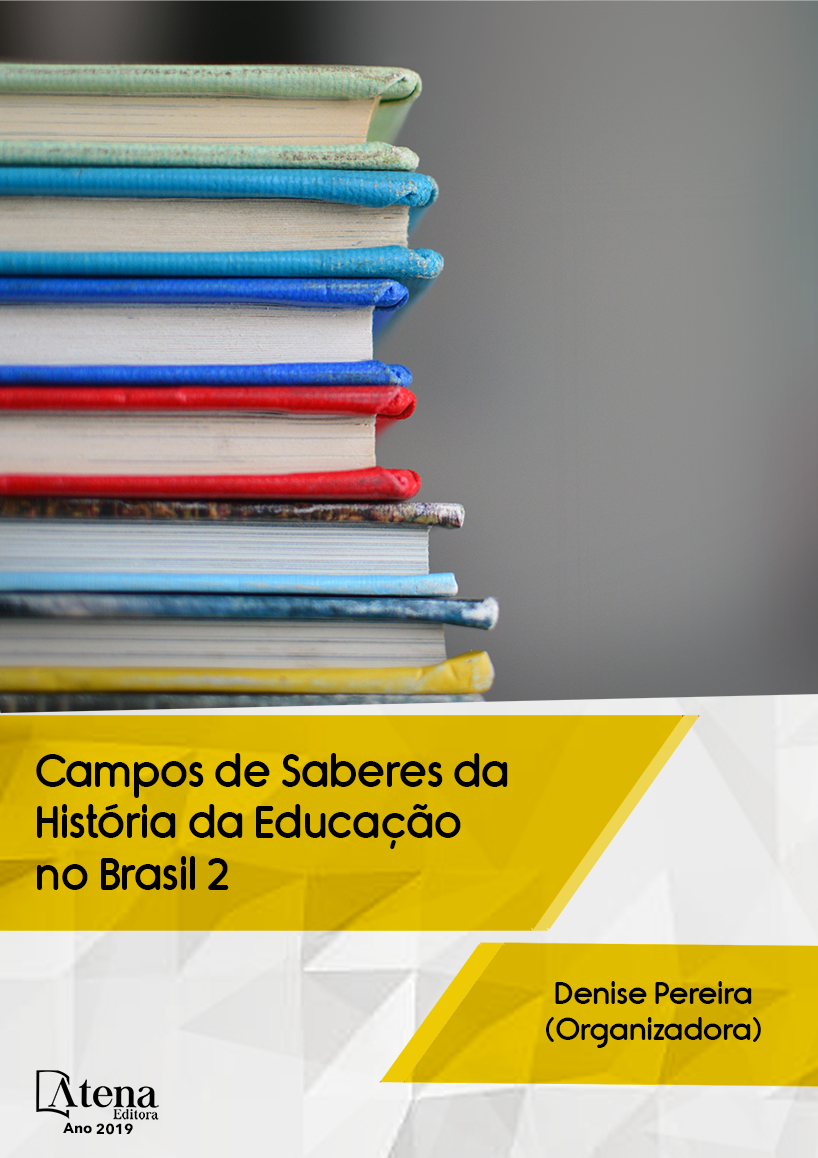
A METODOLOGIA KELLYANA APLICADA A TEMÁTICA INDÍGENA
Os Parâmetros Curriculares
Nacionais (PCN) da área de Ciências Humanas
e suas tecnologias para a disciplina de História
ressaltam a importância das discussões sobre
os conceitos de cultura, memória e cidadania
como essenciais para a compreensão das
culturas indígenas, pois dará consistência à
compreensão da diversidade e da unidade que
fazem da História do Brasil o complexo cultural
que lhe dá vida e sentido. Nos dias atuais os
povos indígenas estão em evidência, esse
protagonismo é causado pela lei 11.645 de 10
de março de 2008, com esta lei a disciplina de
História do Brasil passa a ter a obrigatoriedade
do ensino de história e cultura indígena nas
nossas instituições de ensino. No espaço
escolar a cultura e a religiosidade indígena
ainda sofrem preconceitos e discriminação.
Buscando contribuir para uma conscientização
sobre a diversidade religiosa, e uma atitude de
respeito às diferentes crenças, valores, culturas
e religião, no uso da educação intercultural.
Esse trabalho tem como objetivo propor uma
intervenção didático-pedagógica para analisar
as mudanças de concepções de estudantes do
Ensino Médio, de uma Escola Pública do Estado
de Pernambuco, sobre a cultura e religiosidade
indígena quando utilizando como ferramenta o
Ciclo da Experiência Kellyana.
A METODOLOGIA KELLYANA APLICADA A TEMÁTICA INDÍGENA
-
DOI: 10.22533/at.ed.55919050729
-
Palavras-chave: Cultura e religião indígena. Educação intercultural. Ciclo da experiência Kellyana
-
Keywords: Indigenous culture and religion. Intercultural education. Experience cycle Kellyana.
-
Abstract:
The National Curriculum
Parameters (NCP) of the Human Sciences area
and its technologies for the discipline of History
emphasize the importance of the discussions
about the concepts of culture, memory and
citizenship as essential for the understanding of
indigenous cultures, as it will give consistency to
the understanding of diversity and the unity that
make the history of Brazil the cultural complex
that gives it life and meaning. Nowadays
indigenous peoples are in evidence, this
protagonism is caused by Law 11.645 of March
10, 2008, with this law the discipline of History
of Brazil becomes obligatory the teaching of
indigenous history and culture in our institutions
of teaching. In the school space, indigenous
culture and religiosity still suffer prejudices
and discrimination. Seeking to contribute to an
awareness of religious diversity, and an attitude of respect for different beliefs, values,
cultures and religion, in the use of intercultural education. This work aims to propose a
didactic-pedagogical intervention to analyze the changes of conceptions of high school
students of a Public School of the State of Pernambuco on indigenous culture and
religiosity when using as a tool the Kellyana Experience Cycle
-
Número de páginas: 15
- ROSEMARY PINHEIRO DA PAZ
- ROSEMARY PINHEIRO PAZ


